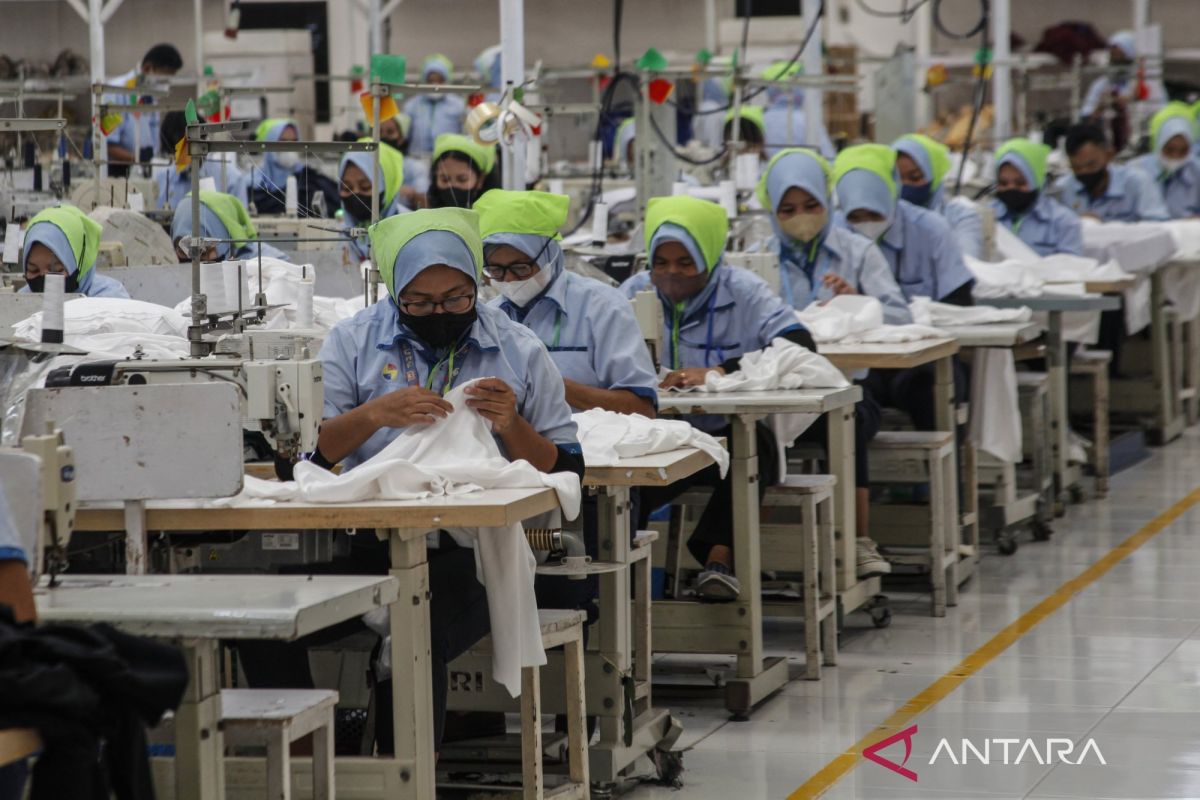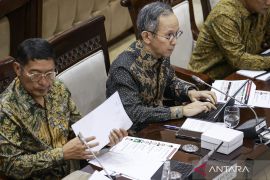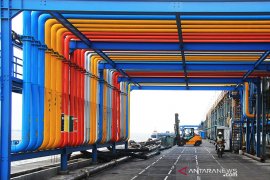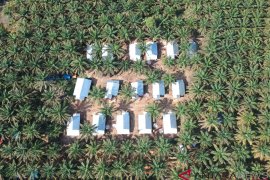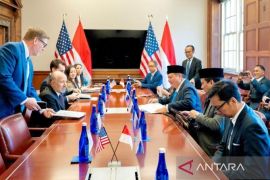Ahmad Heri Firdaus, a researcher at the Indef Center for Industry, Trade, and Investment, stated that these sectors are among the biggest contributors to US-bound exports and employ workers in both informal and formal sectors.
"Our homework is how to reimagine our textile and footwear markets in the United States, as we are quite dependent on them, and they are very labor-intensive," Firdaus remarked during a public discussion in Jakarta on Monday.
Firdaus explained that Indonesia needs to develop comparative and competitive advantages. In terms of competitiveness, Indonesia still trails behind competing countries, such as Vietnam, India, Bangladesh, and Malaysia.
These countries are seen as having implemented production cost efficiencies, which helps keep their products' prices stable in the US market despite tariffs.
Production costs, such as raw materials, electricity, logistics, and transportation, are included in these efficiencies. Indonesia's competitors have implemented efficiency measures in their production costs, so when these goods enter the US, their selling price will not be higher than Indonesian products. According to Firdaus, it would make it tough for Indonesia to compete on price.
"Hence, the most noticeable impact is on the textile, apparel, and footwear industries. For industries like palm oil derivatives, we have a comparative advantage, as they are no longer available elsewhere, only in Indonesia and Malaysia. We benefit from that," the researcher added.
Related news: Prabowo-Trump trade deal: Exploring Indonesia's economic advantages
Related news: Ministry to regulate US$15 billion US energy imports
Related news: Tariff exemptions cover 99 percent of US imports
Translator: Martha Herlinawati Simanjuntak
Editor: Azis Kurmala
Copyright © ANTARA 2025
